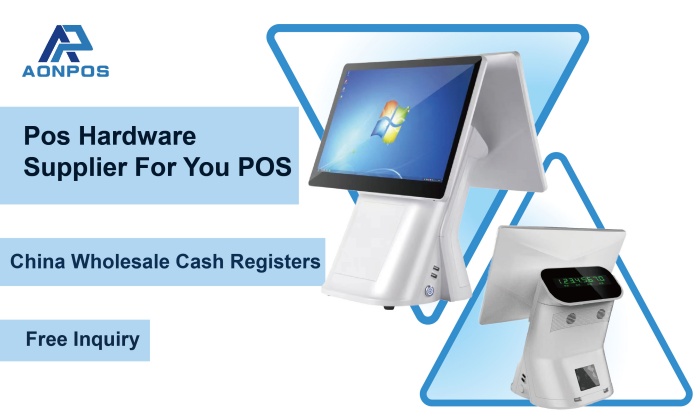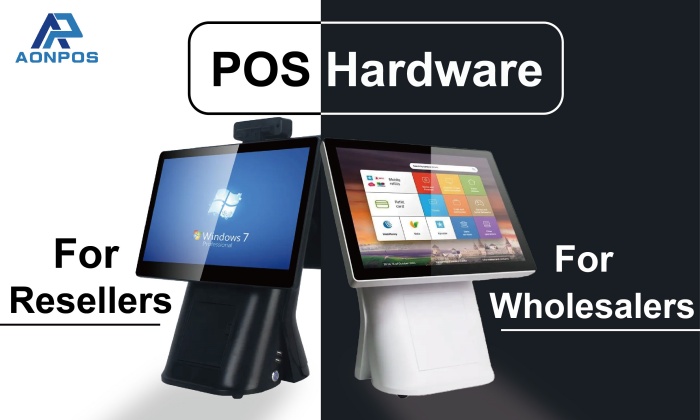Understanding the Differences of NFC vs. MSR in Cash Registers
Dec 22, 2023
Cash registers and Point of Sale (POS) systems have witnessed significant technological advancements, and two key technologies, NFC (Near Field Communication) and MSR (Magnetic Stripe Reader), play pivotal roles in facilitating payment transactions. Here, we explore the distinctions between NFC and MSR in the realm of China Cash Registers:
1. Working Principles:
- NFC: NFC is a wireless communication technology that enables devices to communicate over short distances, typically a few centimeters. NFC is commonly used for mobile payments, access cards, and transportation cards. In payment scenarios, users simply need to bring their NFC-enabled device (such as a smartphone or card) close to the NFC reader to complete a transaction.
- MSR:MSR utilizes magnetic stripe reading technology, reading encoded information from the magnetic stripe on credit cards or other cards to facilitate transactions. Users swipe their cards through the MSR reader, allowing the reader to capture the encoded information from the magnetic stripe.
2. Security:
- NFC: Windows All In One POS NFC communication generally requires devices to be in very close proximity, which can help reduce certain remote attack risks. Additionally, NFC supports encryption and security protocols to ensure the safety of transactions.
- MSR: Magnetic stripe technology is relatively older and more susceptible to risks such as skimming. Information from magnetic stripes can be copied by card skimmers, posing a security threat. As a result, magnetic stripe payments are considered less secure compared to newer technologies like NFC.
3. Speed and Convenience:
- NFC:NFC payments are typically faster and more convenient, as users only need to bring their devices close to the reader without physical contact.
- MSR:MSR requires users to physically swipe their cards through the reader, which takes some time and involves physical contact.
4. Accepted Card Types:
- NFC: NFC technology supports various card types, including credit cards, debit cards, and prepaid cards, as long as these cards are equipped with NFC chips.
- MSR:Smart POS Machine MSR is mainly used for reading information from the magnetic stripes on credit and debit cards. However, with the widespread adoption of EMV chip technology, some regions have reduced reliance on magnetic stripe payments.
In summary, NFC and MSR are distinct technologies with different working principles, security levels, and user experiences. While NFC offers advantages in terms of security, speed, and contactless convenience, MSR continues to be a part of payment systems, particularly in regions where chip technology is less prevalent. The choice between NFC and MSR often depends on the specific requirements and security considerations of businesses and industries.

